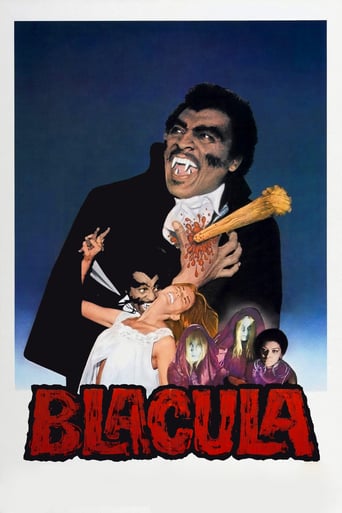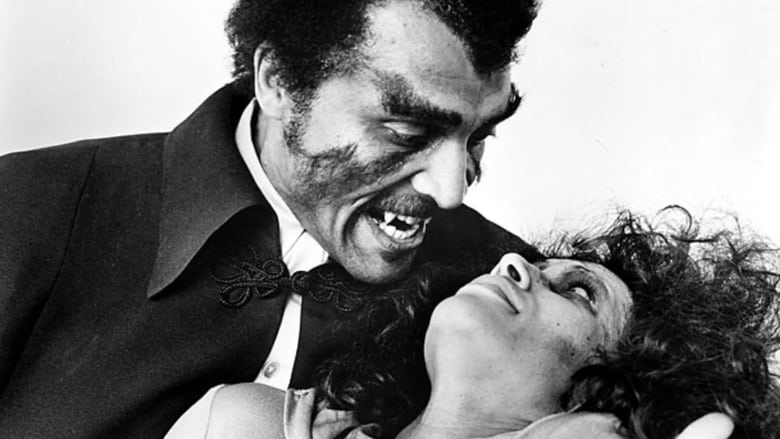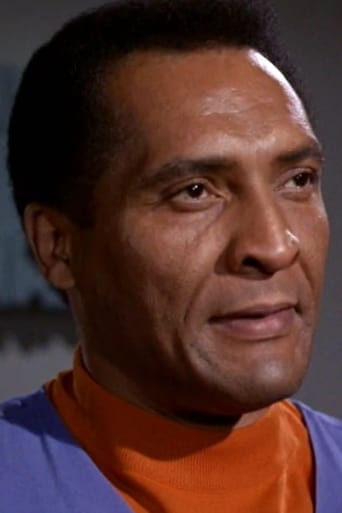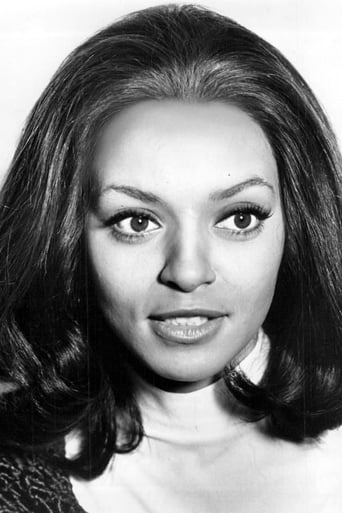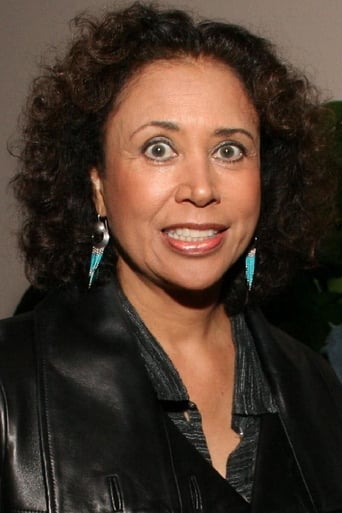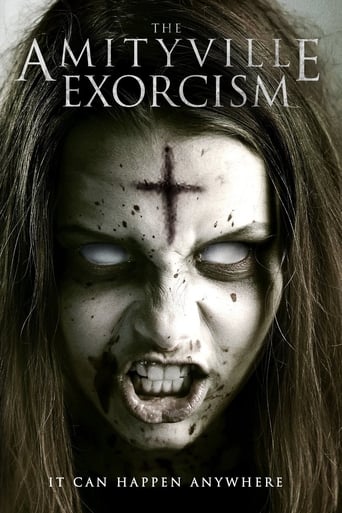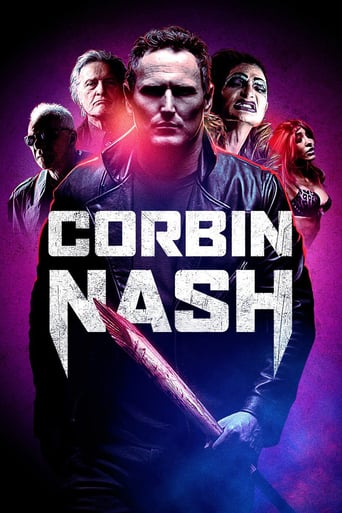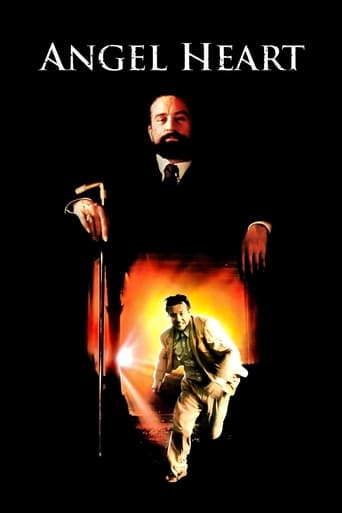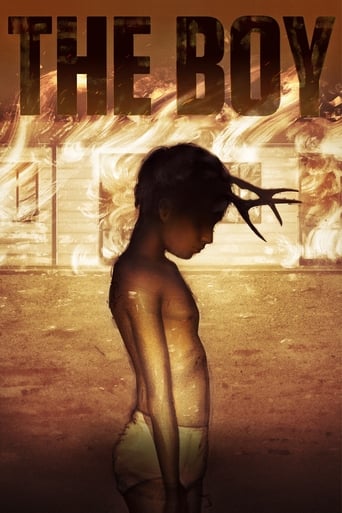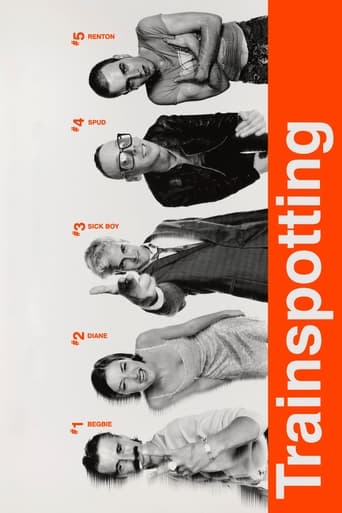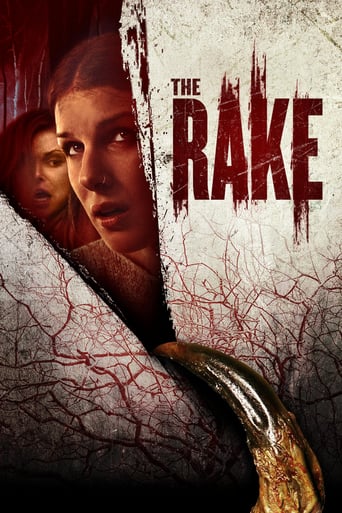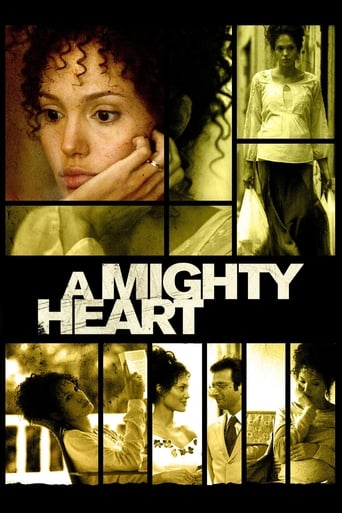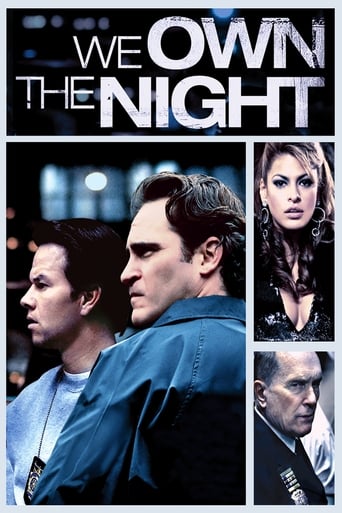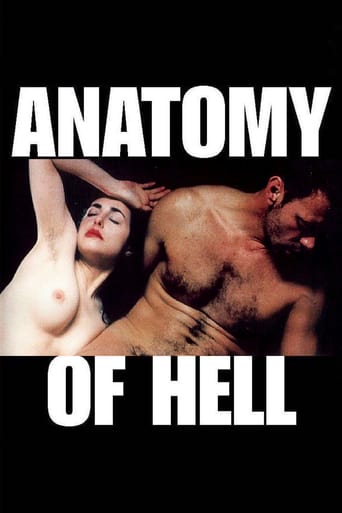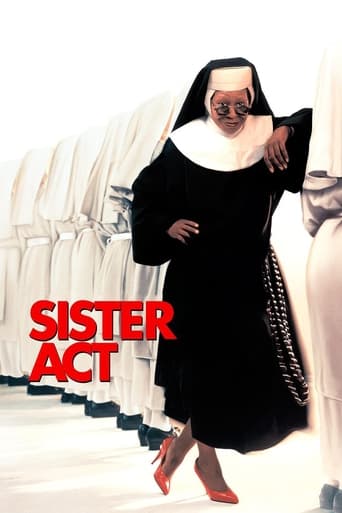Blacula (1972)
An 18th century African prince is turned into a vampire while visiting Transylvania. Two centuries later, he rises from his coffin attacking various residents of Los Angeles and meets Tina, a woman who he believes is the reincarnation of his deceased wife.
Watch Trailer
Cast


Similar titles
Reviews
Good story, Not enough for a whole film
At first rather annoying in its heavy emphasis on reenactments, this movie ultimately proves fascinating, simply because the complicated, highly dramatic tale it tells still almost defies belief.
This is a small, humorous movie in some ways, but it has a huge heart. What a nice experience.
Actress is magnificent and exudes a hypnotic screen presence in this affecting drama.
Released the year following "Sweet Sweetback's Baadasssss Song" and "Shaft" (both 1971), the two films most often credited with launching the blaxploitation genre, "Blacula" started a horror cycle within blaxploitation films, which includes its sequel, "Scream, Blacula, Scream" (1973), as well as reworkings of other Gothic horror novels, with obvious renaming such as "Blackenstein" (1973) and "Dr. Black and Mr. White" (1976). "Blacula," on its own terms, is an interesting balancing act between campiness and social commentary. I've been watching a bunch of Dracula-related movies since reading Bram Stoker's novel, and most adaptations that work on even a basic level are one or the other, between allegory and camp, but not both. That's because they're seemingly contradictory approaches; one requires us to take its truth seriously, and the other asks us to laugh at its absurdity. I'm not saying both approaches can't work well together, but in "Blacula" the combination is off balance. It's humorously bad one moment; it's well-crafted and insightful the next.The interracial gay couple spells out the campiness of Dracula in the film's first present-day scene, as they explain it as their reason for buying the late Count's possessions, including Blacula locked up in his coffin. The homosexuals themselves are outlandish stereotypes of effeminate men, shrieking in terror as Blacula slaps them around, just as he does to female victims. And, Blacula amusingly grows considerably more hair on his head after being turned into a vampire, including his eyebrows now being connected to the hair on top of his head. And, of course, he must wear a cape now that he's a vamp. None of which, however, squares with William Marshall's dignified and sympathetic portrayal of the titular role. That is, when he's not growling while biting his victims or being transported by a dolly with parts visible in frame.As the film's Transylvanian prelude set in 1780 establishes, Blacula was once the African Prince Mamuwalde, who traveled to Castle Dracula to request the Count's help in suppressing the slave trade. Instead, Dracula enslaves Mamuwalde as a vampire and traps him within the coffin--separating him from his lover for nearly 200 years. "Blacula" seems to be the first Dracula-esque picture to include a reincarnation romance, as Mamuwalde's wife is reborn in a duplicate body--down to the short hair. Personally, I dislike the reincarnation romance storyline, and I think it ruined other Dracula movies, including the 1974 TV movie and the 1992 theatrically-released one, both mistitled "Bram Stoker's Dracula." The one here, however, is not as stupid, and it doesn't include the exaggerated link between Stoker's Dracula and the historical Vlad the Impaler that the later movies do.Anyways, beginning the film during the time of the American Revolution and connecting vampirism to slavery sets up the later involvement of the police in hunting Black vampires in America's urban landscapes. (After some footage of a coffin being transported, which was cannibalized from another Dracula-esque film, "Count Yorga, Vampire" (1970).) The first time an officer sees Blacula, he chases him--presumably because he finds a black man running to be suspicious. Unarmed in any non-supernatural sense, Dracula approaches him with his arms up. The cop fires his gun at him. This scene has as much resonance today, if not more, with the rise of media depictions of police killings of black men, the Black Lives Matter movement, and the protest slogan, "Hands up, don't shoot!" Of course, the audience knows that Blacula's pose is in preparation for him to suck the blood from the officer, but how would the policeman know that. "Blacula" follows the usual complex discovery plot, the common formula of horror movies as outlined by Noël Carroll, so most characters are unaware or skeptical of vampirism at this point in the film. Given that, I would think it more likely to believe Blacula was a mentally-impaired man, growling and dressed as he is, surrendering himself after realizing he was being pursued by the police rather than a physical threat, let alone a supernatural monster. But, in the moment, the cop panics and shoots.Similar scenes play out later in the movie--always involving White policemen and Black vampires. The film's two White vampires, however, are killed by the film's Black Van Helsing type. One of these is a turned policeman, whom the police chief can't bring himself to harm, although he has no trouble helping the Doctor kill the Black vampires. That the police are involved at all in a Dracula movie is unusual and obviously is because, this time, the vampire narrative is set in an urban area populated by African Americans. Recalling the 1931 "Dracula," Blacula quips that the vampire's greatest strength is peoples' disbelief in him. And, in this case, it seems the vampire's greatest weakness is peoples' racism.Perhaps, the closest "Blacula" comes to balancing its camp and social commentary is when Blacula beats the white policemen to death; it's potentially both cathartic and outrageous. The same may be said of the Doctor's killings of White vampires, although his character manages to successfully align himself with the White ruling class, as represented here by the police force, whereas Blacula, 200 years ago, was betrayed in his attempts to cooperate with the White Dracula. Perhaps, then, there's a message of hopeful progress in "Blacula," too... or not.
1780: African prince Mamuwalde (William Marshall) and his wife Luva (Vonetta McGee) visit Count Dracula to enlist his help in the fight against slavery. When Dracula reveals that he is not only in favour of slavery, but wants to buy lovely Luva for himself, Mamuwalde and his wife try to leave but are restrained by the Count's men. Enraged, the vampire bites Mamuwalde, and locks him in a coffin, entombing Blacula (as Dracula names him) and Luva in a crypt.Present day: two hilariously camp antiques dealers buy the contents of Dracula's castle, including the coffin containing Blacula, and ship it to Los Angeles, where they break off the padlock securing the casket. Released from his prison, Blacula sates his thirst with the two antiques dealers, before heading for the streets of L.A. where he encounters Tina, the reincarnation of his beloved wife, who he proceeds to woo whenever he's not biting necks. Meanwhile, scientific investigator Gordon Thomas (Thalmus Rasulala) comes to believe that the spate of recent deaths are the work of a vampire and tries to convince the police of what is happening.The first example of Blaxploitation horror, Blacula succeeds in being both scary and silly, with a side order of camp. Marshall plays his role surprisingly straight, but the general atmosphere is one of lightheartedness, the film even taking time out for a couple of funky musical interludes courtesy of The Hues Corporation (who would later top the charts with their disco hit 'Rock The Boat'). Notable fun frights include the exhumation of a victim who leaps from his grave to attack Gordon, and the creepy return from the dead of a female vampire taxi driver. Also adding to the enjoyment are the stylish opening credits, some cool animated transitions to bat form, the sight of Blacula's hairy face in full on vamp mode, and a touching ending as Blacula ends his own life after losing his love once again.
Cheesy but fun blaxploitation horror classic about an African prince turned into a vampire by Dracula. He's locked in a coffin for nearly two hundred years until a couple of gay antique dealers open it. Now unleashed on the streets of Los Angeles, the vampire prince wastes no time searching for fresh victims to drain of their blood. Soon he encounters a woman that is the spitting image of his long-dead wife and the two fall in love.Beautiful Vonetta McGee plays Blacula's reincarnated love. Equally beautiful Denise Nicholas (in her film debut) plays her friend. I would watch anything with these ladies, two of the loveliest actresses of the '70s. Thalmus Rasulala plays the heroic doctor who figures out what's going on. Basically he's the Van Helsing of the story. Gordon Pinsent is good in a small role as a police lieutenant friend of Rasulala's. The star of the movie, Blacula himself, is William Marshall. He was a fine actor with a memorable voice and distinguished presence. In the hands of an actor with less gravitas, this could have been much more campy than it was. I think it's safe to say he rises above the material. It's still an often laughable movie with no real scares but a couple of good shock scenes such as when the lady cab driver awakens as a vampire and attacks poor Elisha Cook, Jr. I like the ending, too. Some great songs by The Hues Corporation. Decent makeup for the vamps. Followed by a sequel, Scream Blacula Scream, which features blaxploitation queen Pam Grier.
William Marshall, Vonetta McGee, Thalmus Rasulala, Denise Nicholas and Charles Macaulay star in this 1972 horror film based on Bram Stoker's character, "Dracula." This begins in 1780 where we meet Count Dracula (Macaulay) who has dinner with African Prince, Mamuwalde and his wife, Luva (McGee). After a disagreement, Dracula decides to turn Mamuwalde into a vampire like him calling him, Blacula. We move to present day L.A. where Blacula awakes and starts feeding on victims. He also meets a young woman, Tina (Also played by McGee) who resembles his late wife and tries to make her his bride. The late, Rasulala (Mom and Dad Save the World) plays Tina's brother-in-law, Gordon Thomas, a doctor who investigates the mysterious killings that eventually lead him to Blacula and Nicholas plays Tina's sister, Michelle. This is a good 70's vampire flick with a bit of humor, The late, Marshall was great in it and he & McGee had good chemistry. I recommend this.

